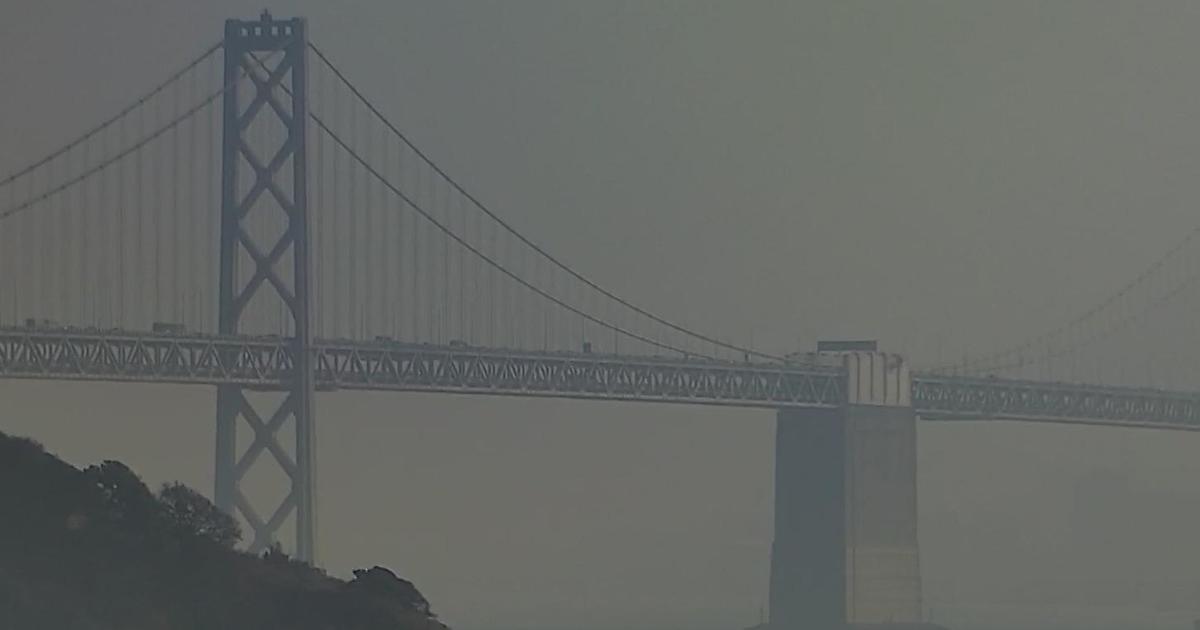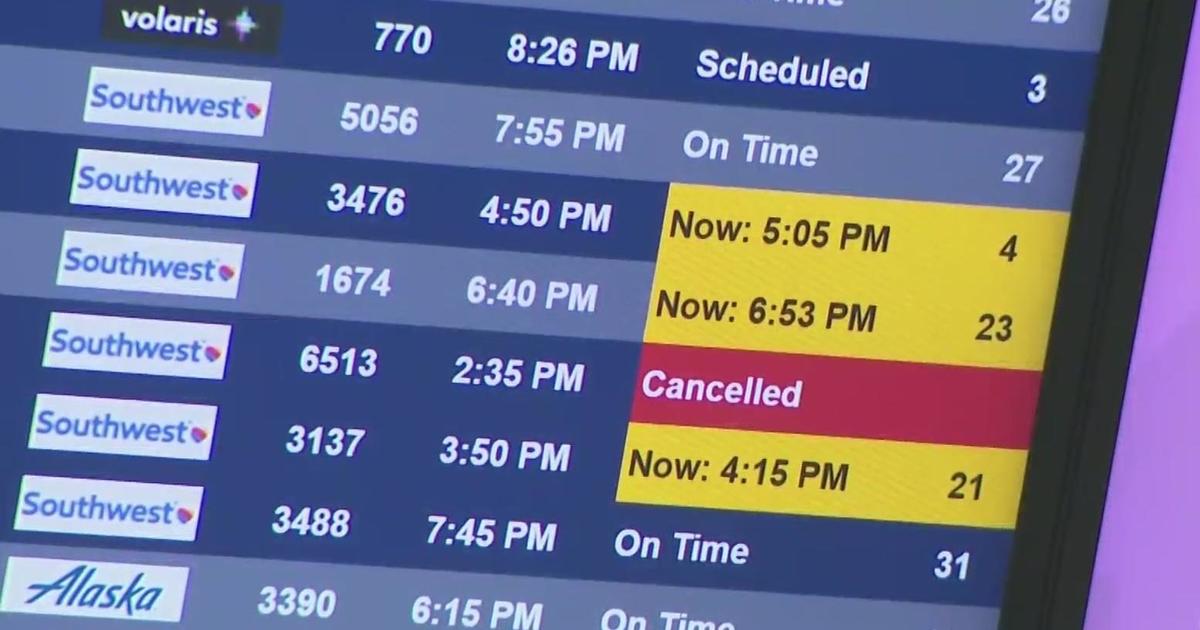U.S. Ambassador & Bay Area Native Chris Stevens Killed In Libyan Attack
BENGHAZI, Libya (CBS / AP / BCN) – A U.S. ambassador with Bay Area ties, and three of his staff members were killed when militants armed with guns and grenades launched a fiery attack on the U.S. Consulate in eastern Libya.
President Barack Obama on Wednesday quickly condemned attacks that killed Chris Stevens, who had been serving as the U.S. ambassador to Libya since May, and several other American personnel.
Obama vowed that the United States would "work with the Libyan government to bring to justice" those responsible for the Tuesday night attack on the consulate in the eastern city of Benghazi. He also ordered increased security at U.S. diplomatic posts around the world.
RELATED CONTENT:
Libyan Attack Might Be Tied To 9/11 Anniversary
U.S. Sends Warships, Marines To Libya After Attack
Romney, Obama Trade Barbs Over Middle East Attack
Photos: U.S. Consulate In Libya Under Attack
"Make no mistake. Justice will be done," he said in an appearance at the Rose Garden outside the White House, where he was joined by U.S. Secretary of State Hillary Rodham Clinton.
The attacks were orchestrated by protesters angry over a film that ridiculed Islam's Prophet Muhammad, according to Libya officials. However, the Obama Administration said it was investigating whether the attacks were a coordinated effort to mark Tuesday's 11th anniversary of the Sept. 11 terrorist strike.
"Heavily armed militants assaulted the compound and set fire to our buildings," Clinton said, in describing the attack.
Stevens, 52, was killed when he and a group of embassy employees went to the consulate to try to evacuate staff as the building came under attack by the mob with guns and rocket-propelled grenades.
Dr. Ziad Abu Zeid, who treated Stevens, told The Associated Press that he died of asphyxiation, apparently from smoke. In a sign of the chaos, Stevens was brought by Libyans to the Benghazi Medical Center with no other Americans, and no one at the facility knew who he was, Abu Zeid said.
He said he tried to revive Stevens for about 90 minutes "with no success." The ambassador was bleeding in his stomach because of the asphyxiation but had no other injuries, the doctor said.
Stevens -- a 1978 graduate of Piedmont High School, 1982 University of California-Berkeley graduate (Bachelor of Arts degree in history), and a 1989 U.C. Hastings College of Law graduate -- was the first U.S. ambassador to be killed in an attack since 1979, when Ambassador Adolph Dubs was killed in Afghanistan.
Obama called Stevens a "courageous and exemplary representative of the United States," and added: "His legacy will endure wherever human beings reach for liberty and justice."
Stevens was a career diplomat who spoke Arabic and French and had already served two tours in Libya, including running the office in Benghazi during the revolt against Libyan leader Moammar Gadhafi. He was confirmed as ambassador to Libya by the U.S. Senate earlier this year.
His State Department biography, posted on the website of the U.S. Embassy to Libya, said he "considers himself fortunate to participate in this incredible period of change and hope for Libya."
Clinton said Stevens had a "passion for service, for diplomacy and for the Libyan people."
"This assignment was only the latest in his more than two decades of dedication to advancing closer ties with the people of the Middle East and North Africa which began as a Peace Corps Volunteer in Morocco," Clinton said.
KCBS' Holly Quan Reports:
He "risked his own life to lend the Libyan people a helping hand to build the foundation for a new, free nation. He spent every day since helping to finish the work that he started," she said.
Stevens joined the Foreign Service in 1991 and spent his early State Department career at posts in Saudi Arabia, Egypt, Syria and Israel. After working for the U.S. Senate Foreign Relations Committee staff for Sen. Richard Lugar, R-Ind., Stevens was posted to Libya as deputy chief of mission.
In that post, Stevens wrote several confidential cables back to Washington, D.C., describing Gadhafi's bizarre behavior. During the 2011 revolt against Gadhafi, he was one of the last American diplomats to stay in Tripoli and after the embassy was closed, he was appointed to head the U.S. liaison office to the Transitional National Council.
David Levine, a professor of law at Hastings who taught Stevens, said the ambassador had been interested in foreign service when he started law school.
"He was doing what he loved, and he stayed in it," Levine said. "He could have easily made more money elsewhere, but everything he did was for the United States."
Levine said Stevens' actions on Tuesday night were extremely heroic.
"He was devoted to the work he did, and always went above and beyond," Levine said. "He took risks; when he had a choice between something more dangerous or less dangerous, look what he did."
(Copyright 2012 CBS San Francisco. All rights reserved.)



